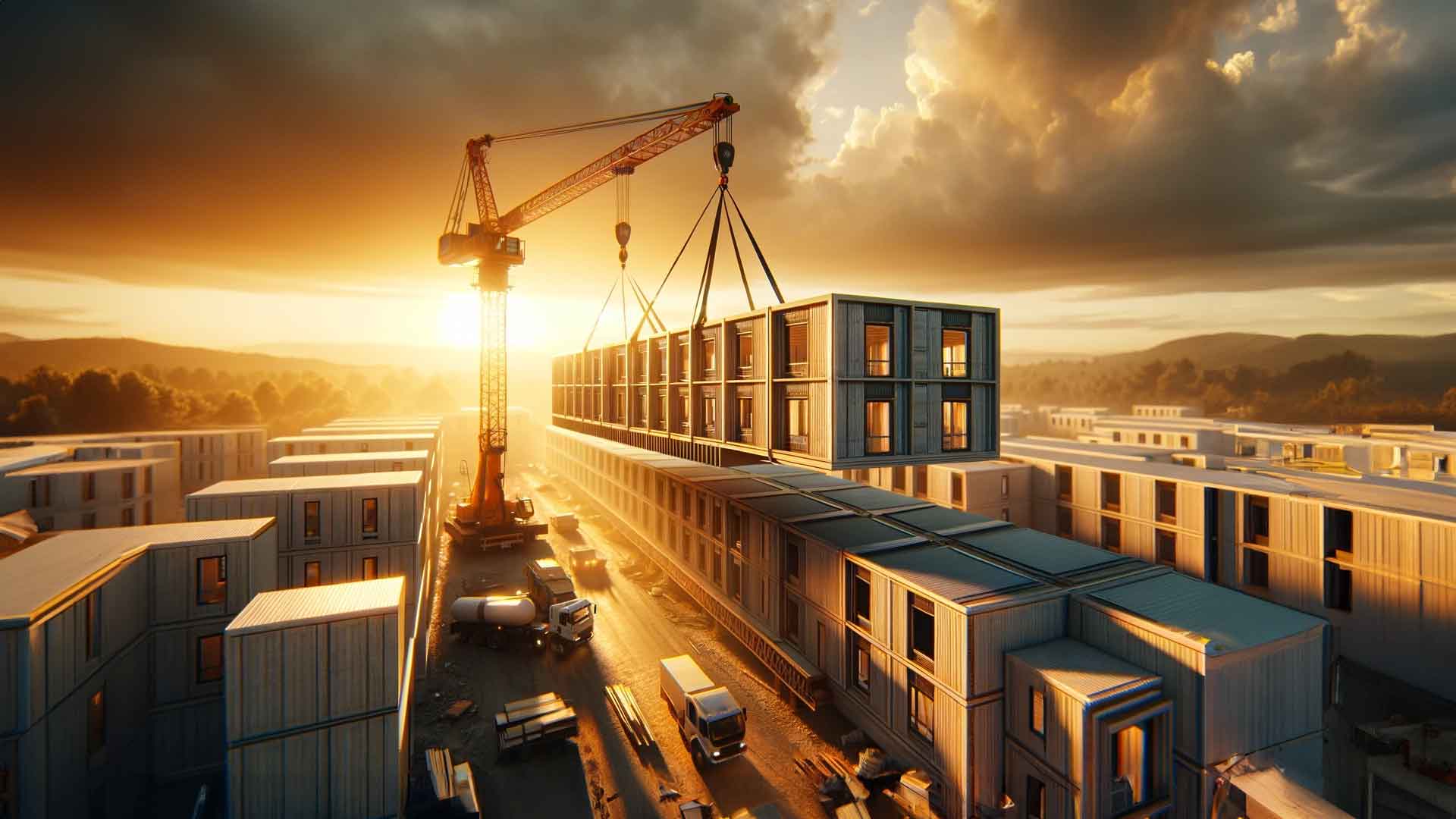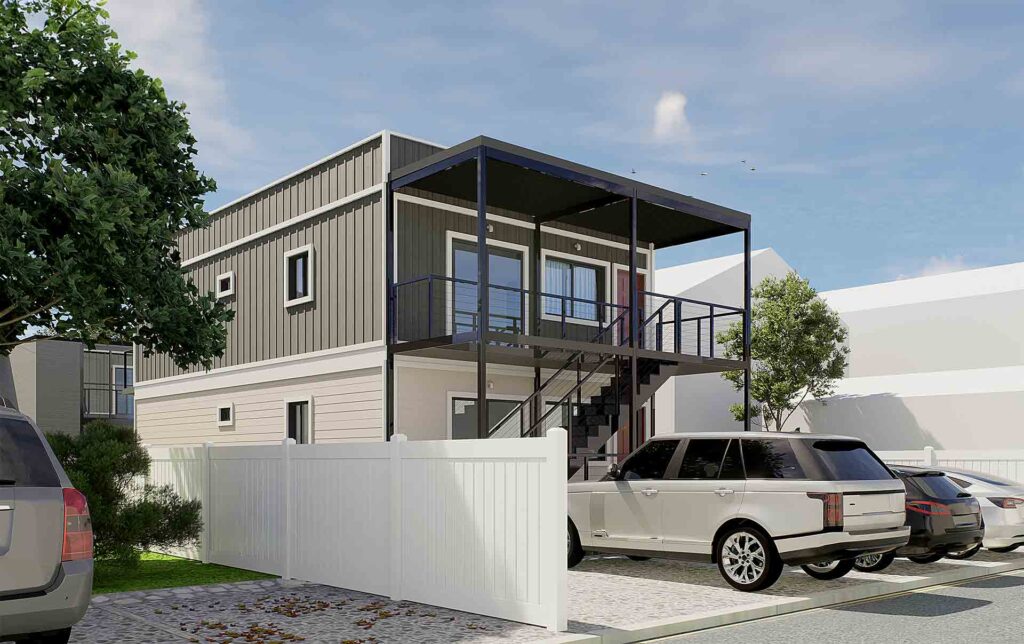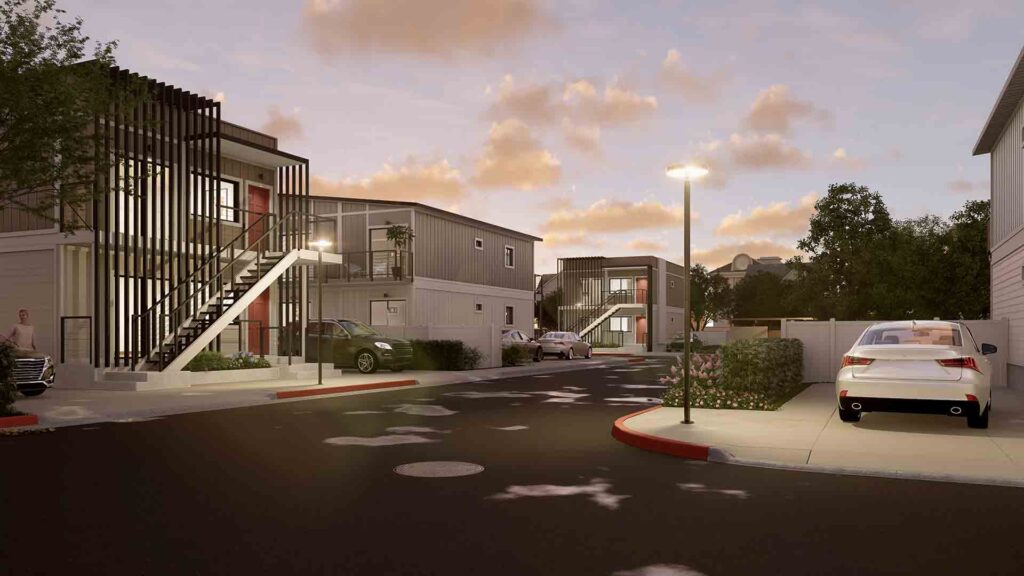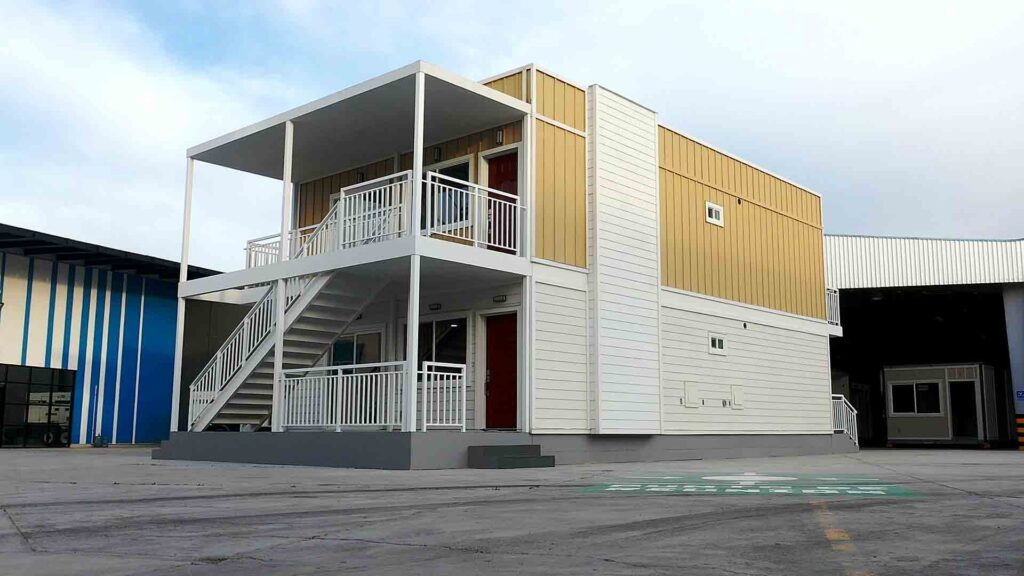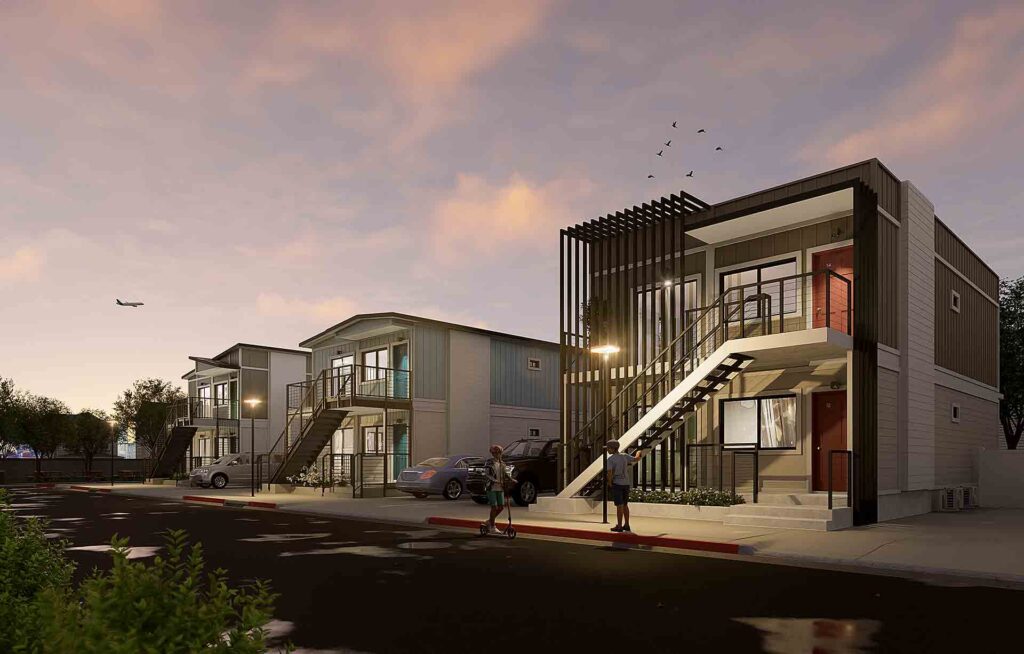How 2024 Is Shaping Up to Be a Defining Year for Modular Construction
As we venture into 2024, the modular construction industry stands on the brink of a transformative era. Poised for significant growth and innovation, this year is expected to witness groundbreaking advancements in modular construction, further solidifying its role in affordable housing and sustainable development. This article delves into the anticipated trends, technological strides, and market dynamics that are set to define modular construction in 2024.
Anticipated Market Growth and Expansion
Record Market Valuation: The global modular construction market is projected to expand significantly, with a Compound Annual Growth Rate (CAGR) of 7.6% from 2023 to 2030, culminating in a market value of USD 162.42 billion by 2030.
Rapid Urbanization as a Catalyst: Driving this growth are factors such as rapid urbanization, industrialization, and an increasing demand for cost-effective, efficient building solutions, especially in the commercial and industrial sectors.
Diverse Sector Engagement: Modular construction is expected to make deeper inroads into various sectors, including healthcare, education, and residential, catering to the growing need for sustainable and affordable structures.
Technological Advancements in Modular Construction
- Innovations in Design and Engineering: Advancements in software and technology are anticipated to streamline the design and engineering processes further, enhancing both efficiency and cost-effectiveness.
- Manufacturing Evolution: Enhanced manufacturing techniques are projected to improve the quality, sustainability, and customization capabilities of modular units.
- 3D Printing Integration: The integration of 3D printing technology is expected to open new possibilities for on-site fabrication and bespoke design solutions.
Focus on Sustainability and Eco-Friendly Practices
- Eco-Friendly Material Usage: The commitment to sustainability will likely see an increased use of recycled and sustainable materials, aligning with the principles of the circular economy.
- Energy-Efficient Building Solutions: The drive towards energy-efficient modular buildings is set to continue, minimizing environmental impact and operational costs.
- Waste Reduction through Offsite Manufacturing: Modular construction’s inherent offsite manufacturing process will continue to minimize waste and promote cleaner, more efficient building sites.
Industry Recognition and Strategic Collaborations
- Governmental Endorsements: Support from various governments worldwide is expected, with policies and initiatives encouraging the adoption of modular construction methods.
- Investment Influx: Significant investments from private sectors into modular construction companies and projects are anticipated, indicating strong market confidence.
- Cross-Industry Synergies: Collaborations between modular construction firms and other industries are poised to foster innovation and holistic building solutions.
In the end, as 2024 unfolds, the modular construction industry is set to play a pivotal role in shaping the global construction landscape. With its rapid growth, eco-friendly approach, and innovative technological integration, modular construction is not just about building structures; it’s about reshaping the future of affordable housing and sustainable development.
This year is expected to bring even more advancements and widespread adoption, making modular construction a cornerstone of modern building practices.

